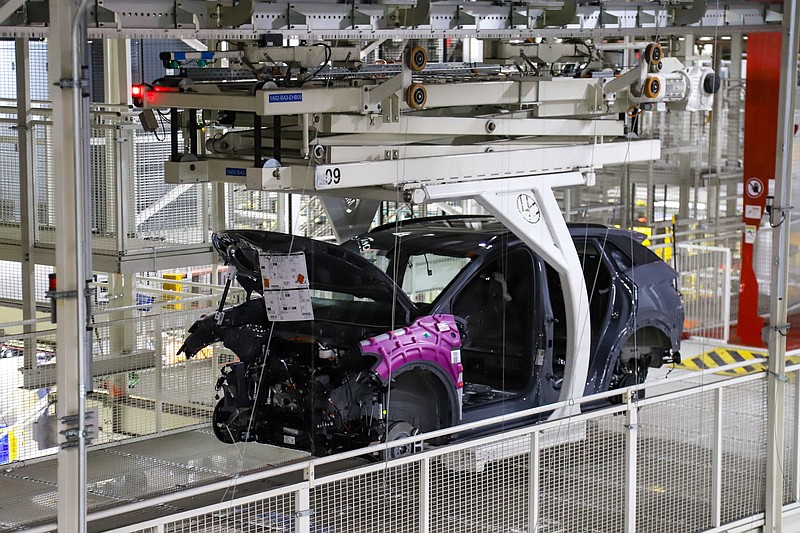Tennessee's Constitution has protected the right-to-work state since 2022, when voters from all 95 counties passed an amendment by a 2-1 margin and allowed workers to choose whether to join a union. Although we had this rule on our books since 1947, enshrining it into our Constitution sent a powerful message that workplace freedom is of the utmost importance here in the Volunteer State.
We should be proud of this achievement. Today, our right-to-work law helps ensure that workers don't have to join a union to get or keep their job and Tennessee maintains a pro-business, pro-growth economic environment. Tennessee has been given the highest rating for locating a new business, according to Site Selection magazine. Surely its central location, lack of personal income tax, and favorable state government fiscal policies and debt add to this attraction.
We are also fortunate in Tennessee to have a vibrant and youthful Latino population making a lasting mark, or huella. The right-to-work law is meaningful to our Hispanic population, including many auto workers in Chattanooga, where the UAW and other unions constantly press for inroads. Typically constituting 16% of autoworkers, Latinos are exceptional employees, hardworking examples of why union campaigns failed twice in the state's largest auto plant in just the past 10 years. The daily values of Hispanic workers — exemplifying faith, family, freedom, and fiscal responsibility — directly oppose the tactics of the UAW in its organizing missions.
Only last year (2023), the share of U.S. workers in unions fell to 10% — the lowest since the Labor Department started collecting this data in 1983. The reason for this? Nonunion jobs largely continue to grow faster than union ones, a notable labor surge. Reflecting the reasons Tennessee voters moved to pass our right-to-work law, union membership rates in the U.S. have been falling for decades, due to economic changes, the changing priorities of workers, employer opposition, political activity and legal issues. In 1979, the union had 1.5 million members. Today it has fewer than 400,000.
Unions, and particularly the UAW, will continue to aggressively try to increase their influence and coffers until they run businesses out of the country. The UAW, for example, recently demanded a 40% wage increase, restoration of defined-benefits pensions, payment for retirees' health care costs, and five-day payments for a four-day work week in its strike against the Big Three automakers in Michigan. The massive strike and walkouts at Ford, GM, and Stellantis last fall remind us all of the intense pressures on automakers to consider shifting additional production to Mexico and other countries.
Tennessee, its political leadership and our hard-working auto workers in Chattanooga deserve our support for standing up to the UAW. I am especially proud of our Hispanic community, who reject the low bar of union values, continue to foster environments where our communities thrive, and encourage civic participation that gives every citizen, and every worker, a voice in shaping their future.
Raul Lopez is co-founder and chairman of Latinos for Tennessee. Ed Garcia is a retired business professional who now lives in Chattanooga.
